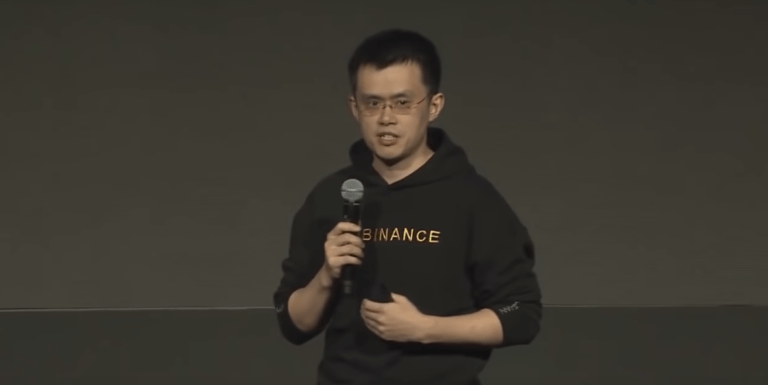On Sunday (May 19), Changpeng Zhao (aka “CZ”), the Co-Founder and CEO of digital asset exchange Binance, told the crypto community what he and his team had been up to since the May 7 security breach that resulted in a theft of over 7,000 BTC from their Bitcoin hot wallet.
What Happened on May 7?
According to CZ, the hackers involved in the security breach somehow managed to get control over a number of user accounts and structured large withdrawals from these accounts in such a way thay managed not to be detected/noticed by Binance’s “pre-withdrawal risk management checks.” Their “post-withdrawal risk monitoring system” only noticed something was wrong after the hackers had moved the stolen BTC off of the exchange via a single transaction, at which time it immediately suspended all “subsequent withdrawals.”
At first, the Binance team was not exactly sure what had happened, and so they decided that the safest course of action was for CZ to send out a tweet to say that the “withdrawal servers” were in “unscheduled maintenance mode” while the team was investigating the incident.
Communication With the Crypto Community
Once the team had confirmed that the exchange had been hacked, information about the security incident was broadcast to the outside world via all of Binance’s communication channels (such as Telegram, Twitter, and Medium).
Since the team could not be sure which user accounts the hackers had access to, it was decided that it would be too risky to allow further withdrawals to be made until the team had the chance to make “significant changes” to the platform (to make it more secure). Binance’s announcement on May 8 estimated that the exchange needed to do “a thorough security review” and estimated that this would take about “ONE WEEK,” and that during this period, “deposits and withdrawals” would need to “REMAIN SUSPENDED.”
By being fully transparent in their communication with Binance users, they were able to receive “tremendous support” from them.
CZ’s Periscope AMA Session on May 8
Seeing CZ live put much of the Binance community “at ease.” Unfortunately, because CZ had been up all night, he was not in an ideal mental state when he did the AMA. Just before the AMA, his team told him that a Bitcoin Core developer had suggested that it would be technically possible to roll back the single Bitcoin transaction carried out by the hackers by “hugely incentivizing the miners.” CZ made the unfortunate mistake of mentioning this “reorg” idea (which he now realizes is a “taboo topic”) during the AMA, for which he took a heavy beating (especially from hardcore Bitcoin maximalists) on Twitter (and elsewhere).
CZ’s Mental State Right After Being Told About the Bitcoin Theft
Although he was in a “F***, F***, F***” state” for around 10 seconds, a few moments later, he “began to come to terms with it,” and a quick mental calculation told him that the theft of around 7000 BTC (equivalent of around $40 million at the time) could be fully covered by their SAFU fund. Meanwhile, his team had already gone into “War Mode”, and their professionalism and support cheered up CZ.
Support From the Crypto Community
Binance received support from many sources: people defending him and Binance on social media platforms, and helping to answer questions; the Binance Angels (who are all volunteers) “addressing questions” and “reassuring” users on “multiple communities”; analytics firms helping with the tracking of the stolen funds; exchanges and wallet services offering to help by blocking “any deposits associated with the hacker addresses”; and “numerous offers for help from law enforcement agencies around the world.”
A Blessing in Disguise?
“Speaking with various team members, and as correctly analyzed by community members, such as Gautam Chhugani, this incident may actually be a good thing for us in the long run. Security is a never-ending practice. There are always more things to do in security, and we have implemented many of them in this last week and will continue to implement more in the future. Given this incident, Binance has actually become far more secure than before, not just in the affected areas, but as a whole.”








